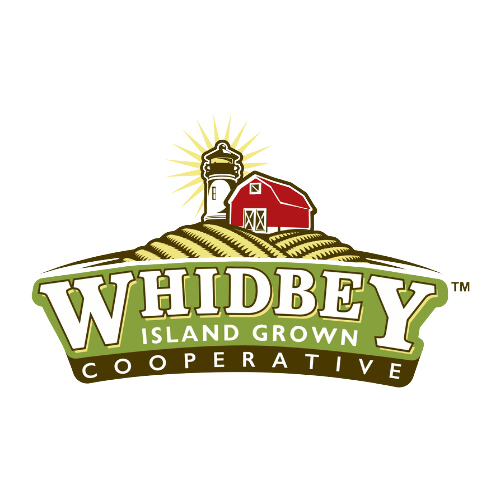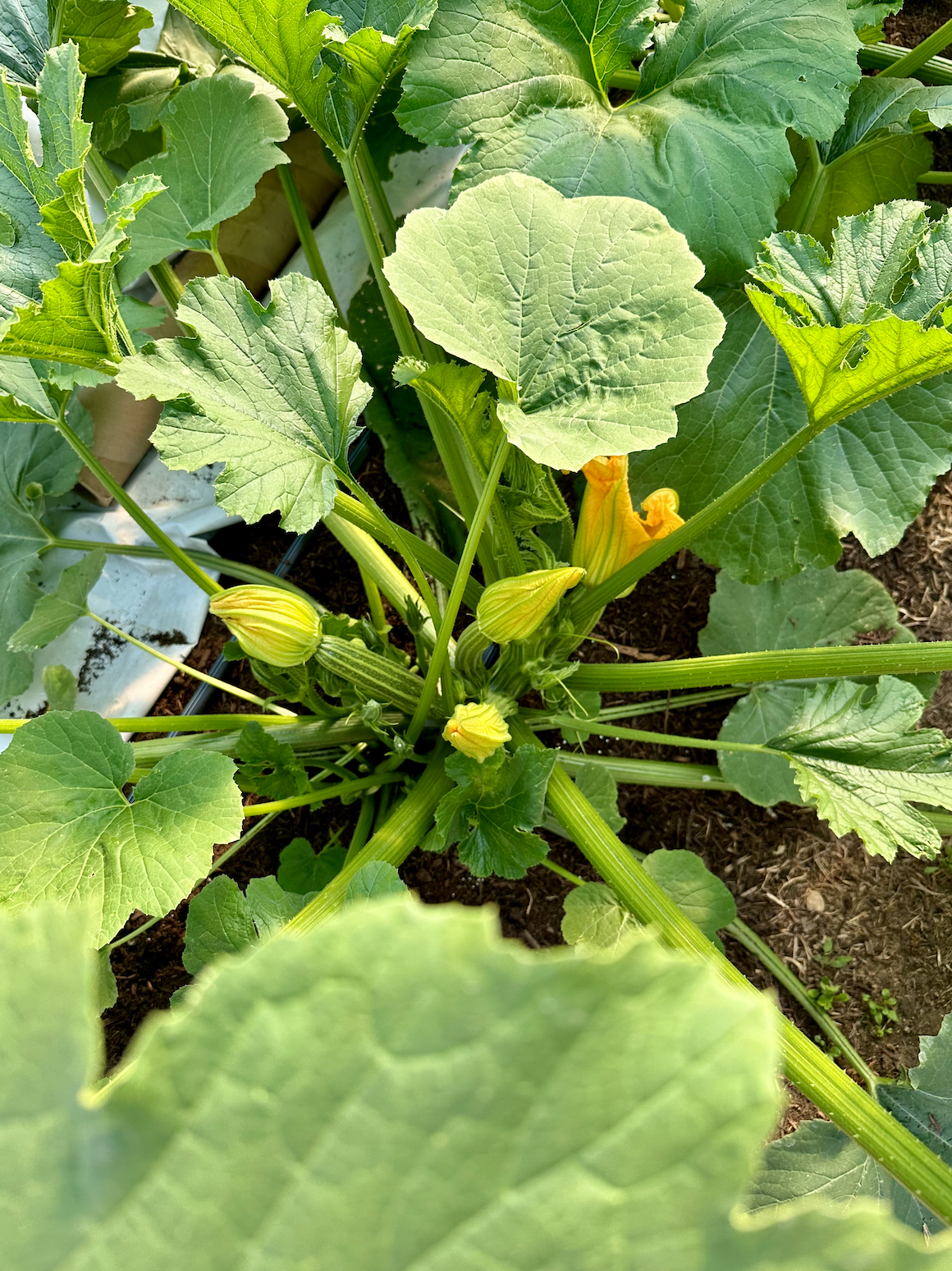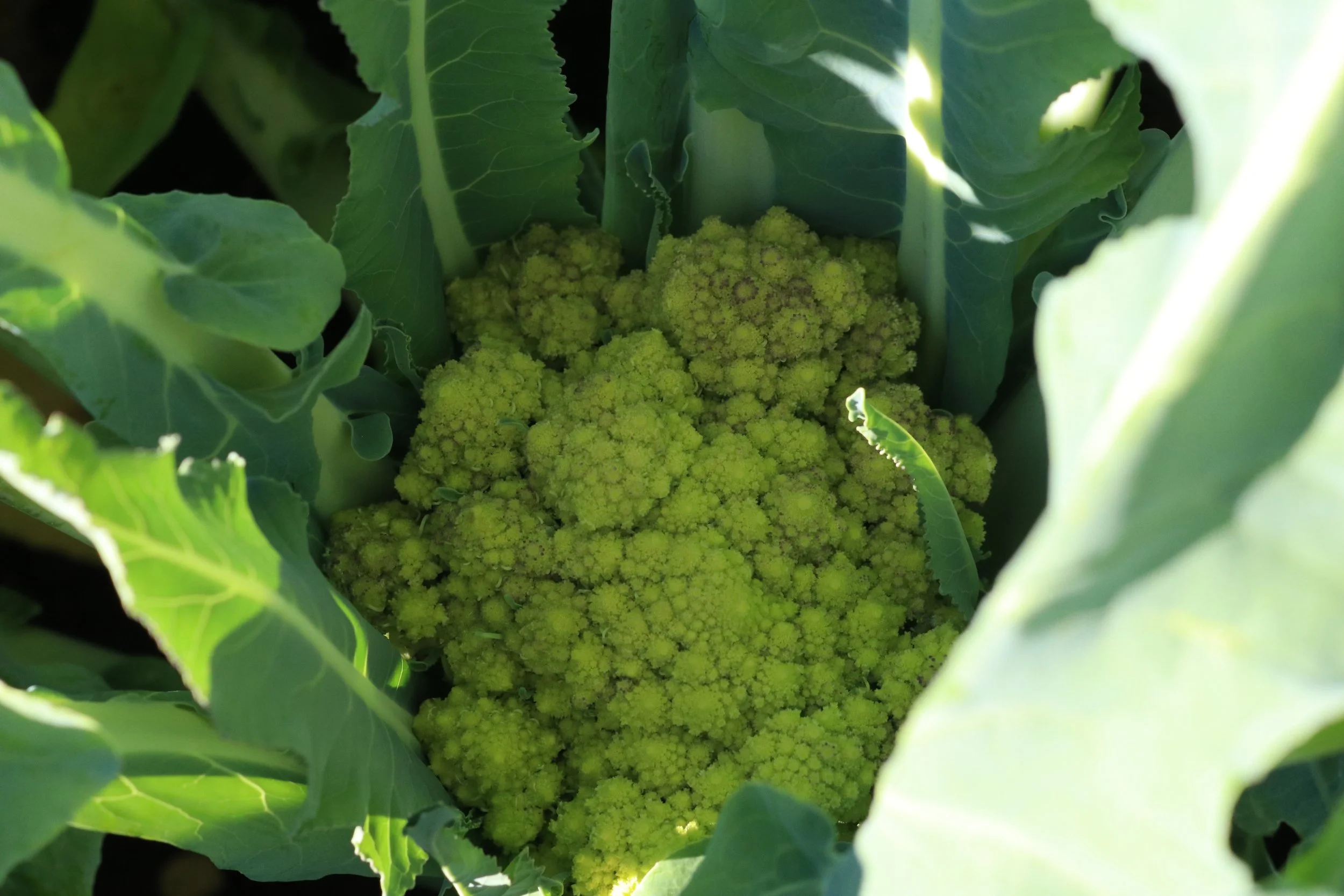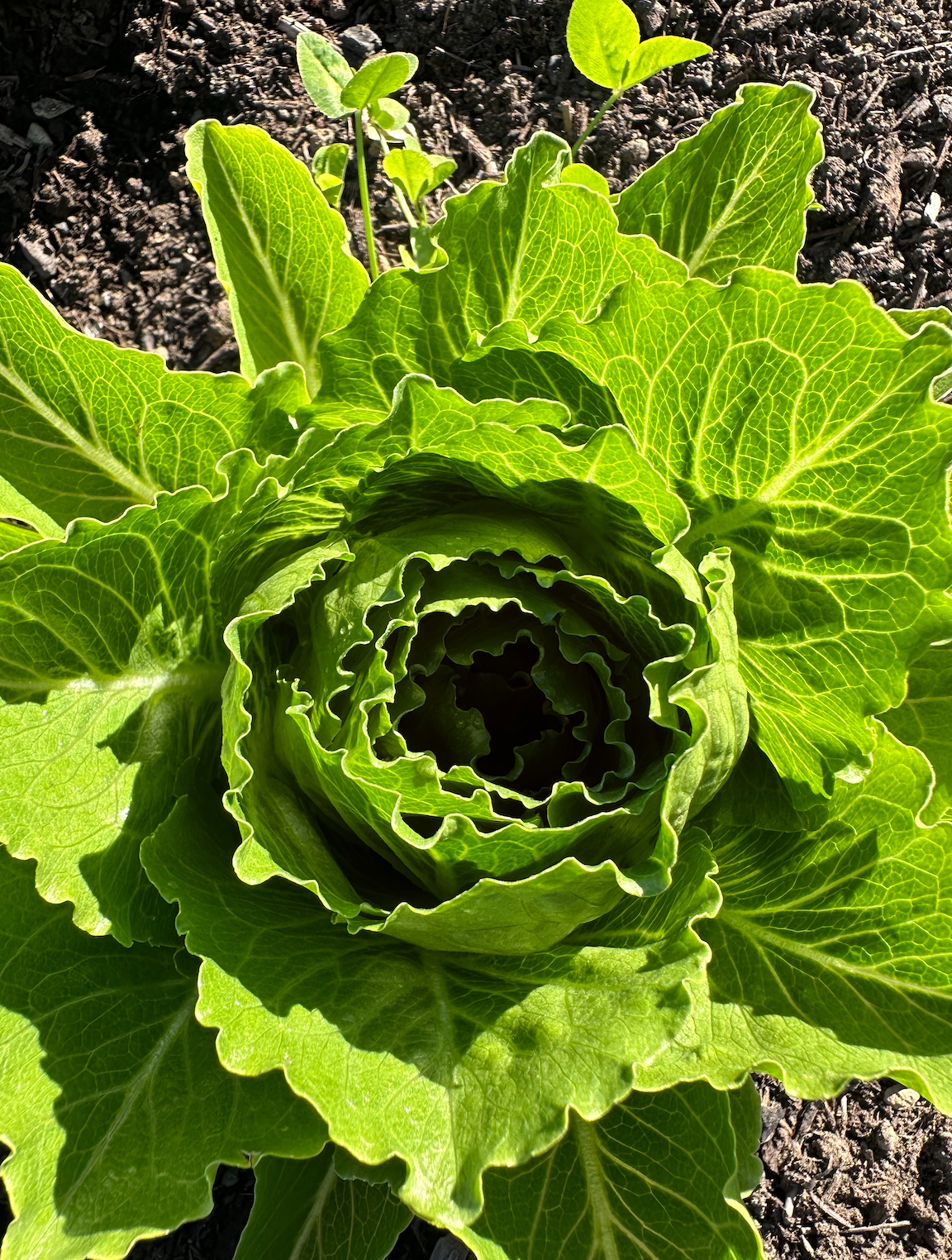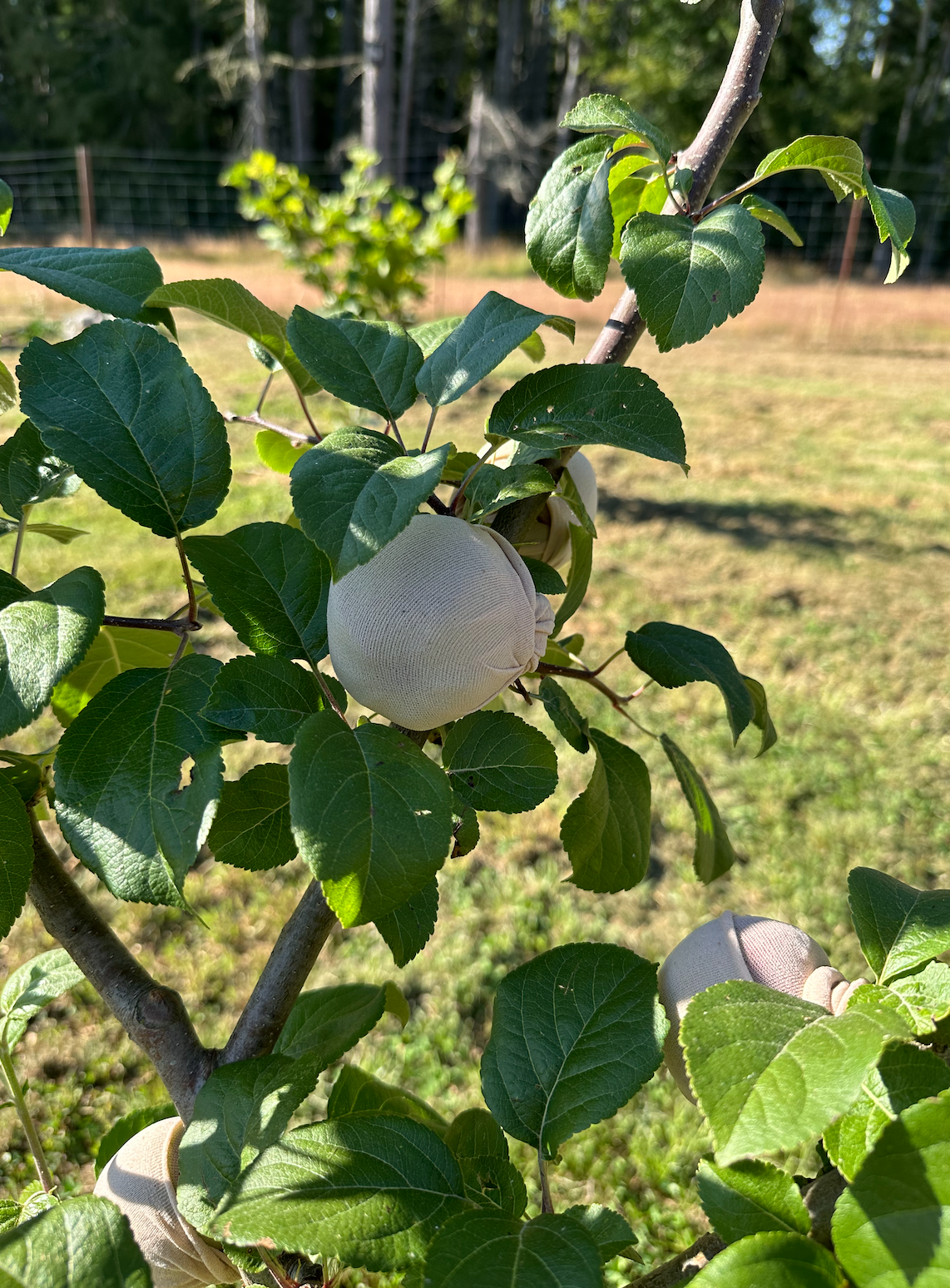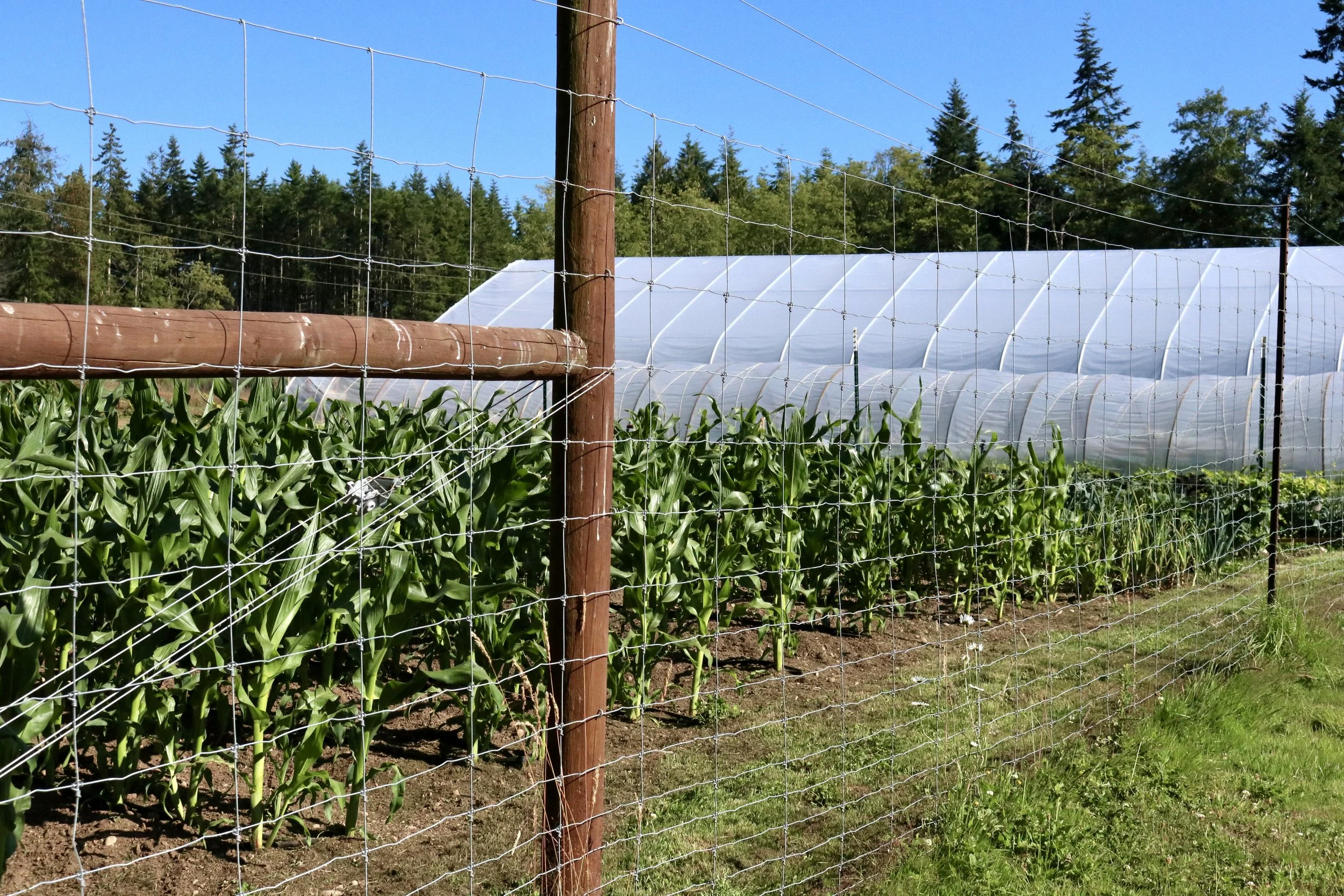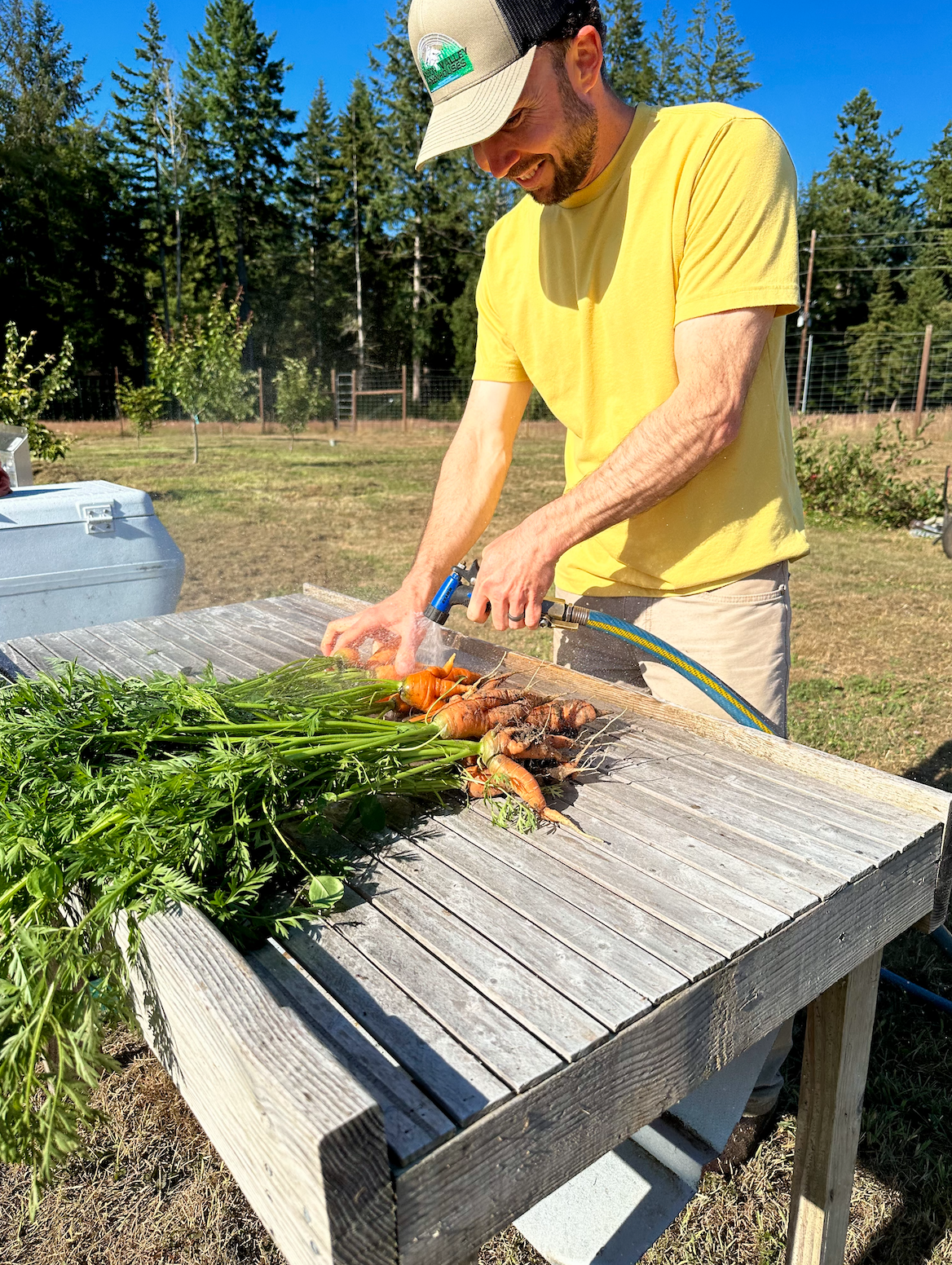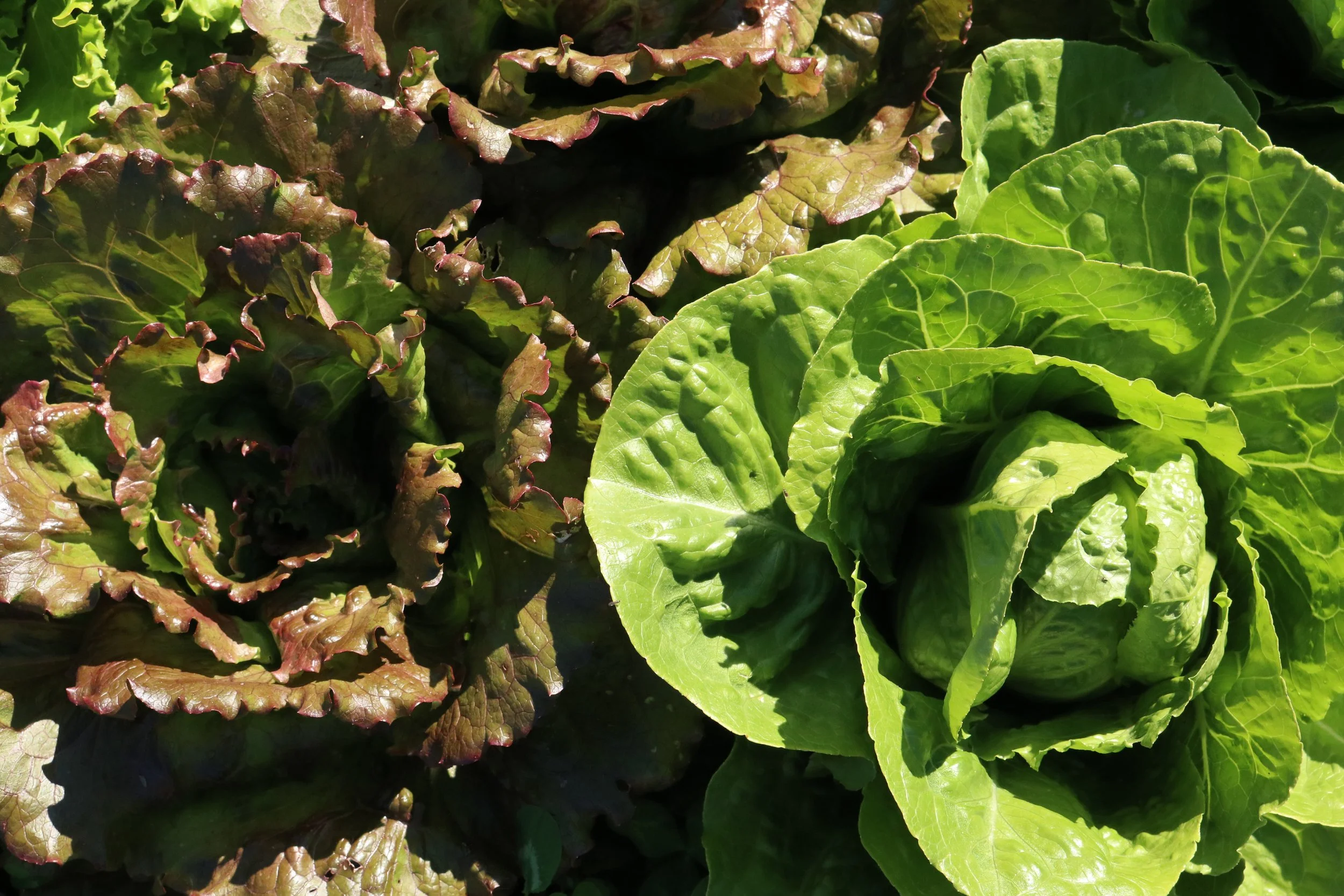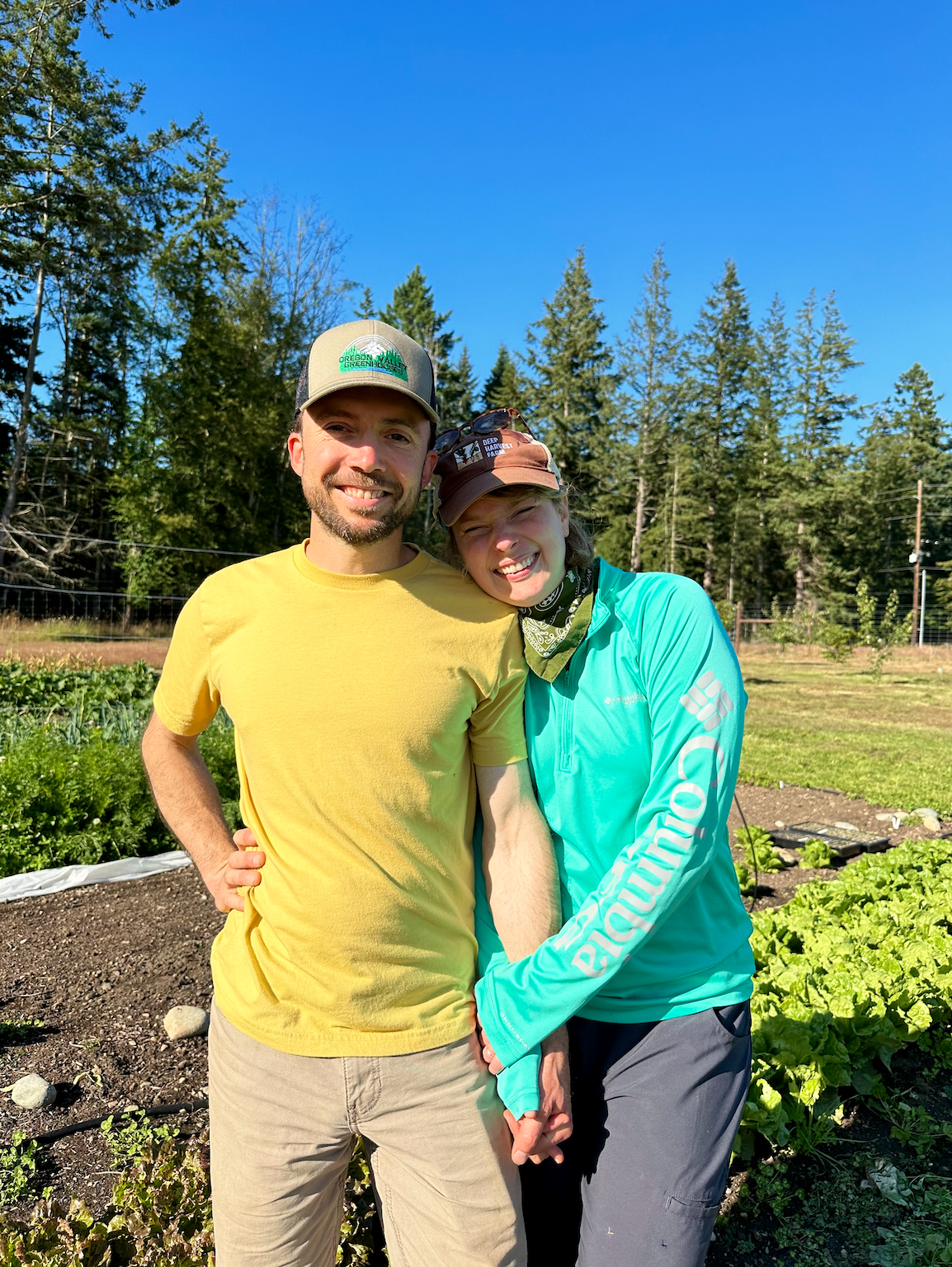
Welcome to Slow and Steady Farm
This half-acre vegetable farm in Greenbank is run by a pair of dedicated farmers, Shannon FitzMaurice and Martin Vandepas. By day, Shannon is a dedicated nurse, while Martin applies his engineering expertise to their farm. Their journey began in 2011 when they both developed an interest in farming and decided to embark on this transformative adventure together. Since meeting, they have experienced almost every farm-related endeavor one could think of, now applying that knowledge to their own farm.
We asked Shannon and Martin a series of questions about Slow and Steady as well as life on the farm - read on to learn more
Background
The pair have undergone a lengthy yet spirited journey to end up where they are now, all beginning with simple curiosity about farming. Their first goal was to grow something, so they started with just a few pots and seeds. But those pots and seeds got the ball rolling, and as the seeds sprouted, so did their desire to learn more. So, Shannon and Martin started gardening and volunteering with the Urban Farm Collective and Portland Fruit Tree Project. From there, Martin purchased a house in Portland, and together they turned the front yard into a thriving vegetable garden, generously sharing their produce with their housemates. This was their first experience growing produce on a larger-than-average scale. Yet, they still felt as if they needed to learn more. In 2015 they started working at the winter CSA farm, Full Plate Farm. Around that same time, a perfectly timed coincidence at a Co-Op on the San Juan Islands led the pair to a farming internship at Good Earth Centre. For a few months in 2016, they lived in an AirStream while discovering the joys a no-till farm has to offer and learning the ins and outs of sustainable agriculture. Shannon recounts finding earthworms as long as her forearm and being stuck with how the soil was so alive. Then and there, the two future farm owners decided they would be just as committed to soil health, planning to adopt similar sustainable practices. After this internship ended, they continued working at a winter CSA farm for 3 years, where they saw just how important small farms are for local food systems. In between all of that, Martin somehow found the time to work at an urban farm, called Cully Neighborhood Farm, for the summers of 2016, 2017, and 2018.
In 2021, Martin, Caitlin, and Sam (from Whidbey Herbal) purchased and split the plot of land that is now both Slow and Steady and Whidbey Herbal. Martin and Shannon recognized the need for later-season vegetables and have focused on squash, corn, beans for drying, potatoes, shallots, and onions. They also are experimenting with fruit vines, bushes, and trees, but for now, those are for their consumption rather than sale.
Success Stories
Padron Peppers + Pumpkin Parties
Martin and Shannon's journey as local farmers has been filled with numerous heartwarming stories, reflecting their unwavering passion and dedication to the land.
Martin recounted his proudest accomplishment as the thriving growth of Spanish Padron peppers on their farm. This unique variety of peppers can be expensive to purchase, but Martin and Shannon took it upon themselves to grow them in abundance. Watching these peppers flourish and realizing the surplus they had cultivated brought them immense satisfaction. The joy of growing these sought-after peppers enriched their culinary experiences and has inspired the potential addition of a traditional pepper roaster to the farm.
Shannon chose to mention their memorable pumpkin party. After growing four rows of pumpkins and squash, they invited friends, family, and neighbors to celebrate the harvest season together. The event was a resounding success, filled with hot apple cider and pumpkin-flavored treats. Guests were able to handpick their favorite pumpkins, creating lasting memories and strengthening the sense of community around the farm. For Martin and Shannon, this event was more than just a celebration; it was a testament to their farm's impact on the lives of those around them.
Sustainability + Natural Pest Control
The pair incorporate sustainability in numerous different ways, from abstaining to till, using cover crops, and critically analyzing their plastic use. Their efforts have resulted in a healthy and thriving ecosystem and is a major component of the success of their farm.
In their unwavering commitment to sustainable farming, Martin and Shannon have embraced a harmonious approach to pest control by fostering the delicate balance between the ecosystem's natural inhabitants and their crops. One of their most exciting pest management strategies is not a strategy at all, but rather the result of farming in a way that encourages biological systems and revolves around their enchanting cohabitants - snakes, voles, frogs, and slugs.
Giant garter snakes, once rare but now welcome presence on the farm, play a crucial role in controlling the vole population. The couple recognized that voles could threaten their root crops but by providing ample snake habitat, including tarps that serve as a shelter for these snakes, they ensure the rodent population remains in check. They once even witnessed one of the snakes with a vole sized lump in the middle of its body.
Frogs are another welcome addition to the farm's pest control team. These amphibious allies feast on the pesky slugs that can challenge crop production. But surprisingly, so do the snakes. By allowing the frogs and snakes to flourish, Martin and Shannon have encouraged a natural pest control system, reducing the need for chemical interventions and fostering a thriving, self-regulating environment.
Here is a picture of one of the garter snakes and the high tunnel with the tarps turned snake habitat
The Impact of Community Eating
Food HUB + Farmers Markets
Somewhere along their journey, they found time to start and manage a small farmers market in their previous neighborhood in Portland. Their roles ranged from managing the finances to being one of the leading vegetable sellers. They spent six years working on nourishing the market. This perspective is what makes the pair extremely grateful for the Food Hub. After spending hundreds of weekends at a farmers market, the convenience of the food hub frees up their Saturdays and Sundays for time better spent on the farm. Plus, they have found that when you eat from your farm, it is a disappointment and a waste to have to overharvest. Therefore, only picking exactly what was sold on the food hub is a welcomed change.
FUN FACTS
Favorite Food M: Salsa + Kimchi S: Homemade Pie
Dream Travel Destination Olympic Peninsula Hot Springs
Favorite Musician M: Alice Phoebe Lou S: Haley Heynderickx
